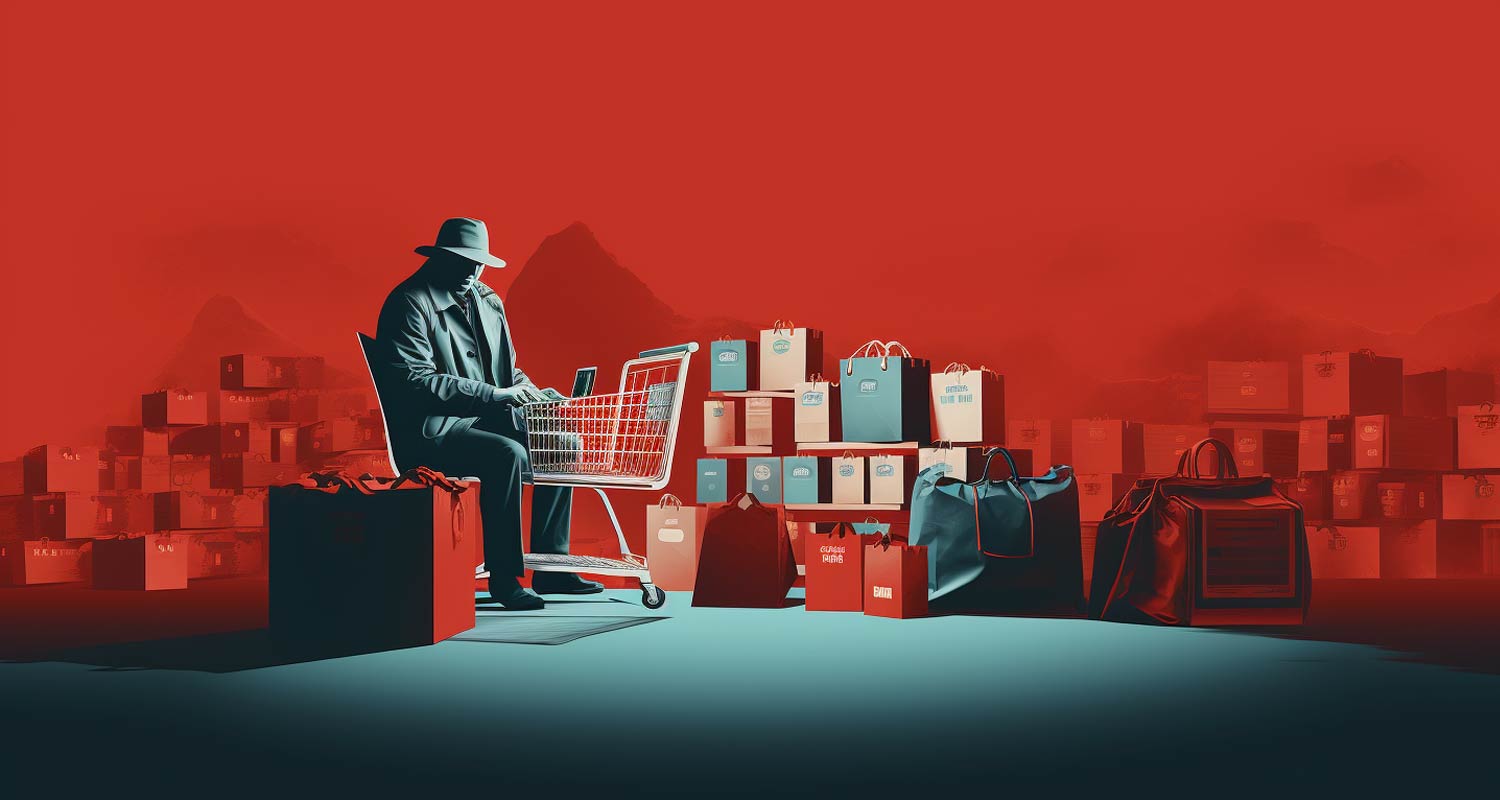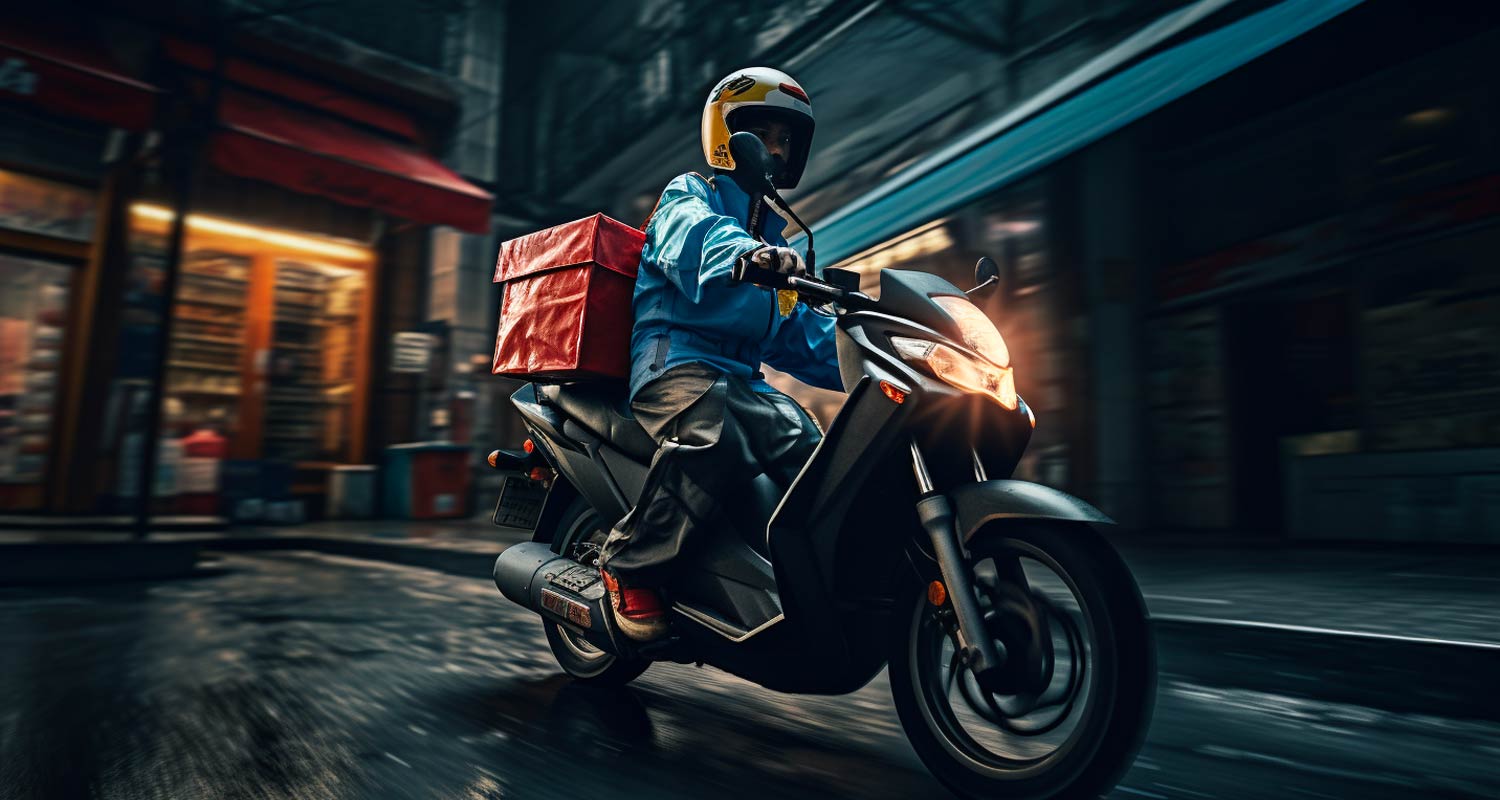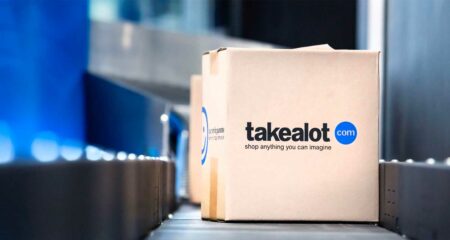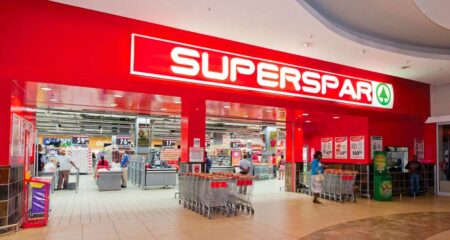 Crime is dampening the growth of e-commerce in South Africa, leading industry players have warned.
Crime is dampening the growth of e-commerce in South Africa, leading industry players have warned.
As the number of criminal incidents rises, e-commerce businesses have been forced to spend more on staffing and technology to secure their operations.
For some businesses – food delivery platforms in particular – revenue is also being lost as they are forced to serve some areas during daylight hours only or pull out of unsafe areas completely.
“We can confirm that the number of criminal incidents is rising, as is the cost to protect our drivers and our clients’ cargo, which of course makes up the day-to-day products South Africans buy from stores around the country,” said Candice Liebenberg, GM at logistics firm DSV.
DSV offers freight-forwarding services at different points in the value chain, which includes getting goods from producers to retailers (stores or warehouses) and from retailers to consumers. Liebenberg said the criminal “appetite” has changed with the evolution of the logistics industry and the type of packages in transit.
“Where once secure logistics was the preserve of financial services and then high-value electronics, it is now in demand for fashion, food and beverages, medical supplies and pharmaceuticals, and other product lines.”
Crime and e-commerce
There is a direct correlation between macroeconomic pressures, such as the high-interest-rate environment, and an increase in criminal activity. The type of criminals that DSV comes across, said Liebenberg, are a mixed bag.
“We can see that historically South Africa has long suffered cargo truck hijackings and the situation has worsened in the last 24 months with both well organised gangs and opportunistic thieves responding to the tough economic conditions and rising unemployment.”
Nothing quite captures “touch economic conditions” as poignantly as the rise in food delivery vehicle robberies. Major food delivery service providers such as Mr D Food and Uber Eats have had to limit, and in some instances suspend, their services to certain areas due to high levels of criminality.
“We have multiple security protocols and measures in place. These include removing the availability of delivery and reducing operating hours in certain areas. These protective measures are strictly enforced to ensure overall staff safety,” said MR D Food CEO Alex Wörz.
 Like many other e-commerce businesses, both Mr D Food and Uber Eats have had to pay more attention to driver safety. Initiatives around driver vigilance training and trauma counselling for those who become victims of crime are now part of the food delivery businesses’ operations.
Like many other e-commerce businesses, both Mr D Food and Uber Eats have had to pay more attention to driver safety. Initiatives around driver vigilance training and trauma counselling for those who become victims of crime are now part of the food delivery businesses’ operations.
“We have various safety features tailored to our drivers. These include emergency contacts and an in-app emergency button that dispatches private security to the delivery person in the event of an incident. We also have injury protection provided by AIG Insurance to help support delivery people with the costs associated with injury while on the trip,” said an Uber Eats spokeswoman.
By striving to provide services despite high crimes levels, e-commerce businesses have seen their costs rising. Investments in staffing and technology for the sole purpose of combating crime could otherwise have been used to grow the business.
Read: South Africa takes a Shein to China
“The increased costs we and the industry commit to for a wide range of security protocols and interventions ultimately find their way into the price consumers pay. The situation is a lose-lose for the courier industry and the country’s economy,” said DSV’s Liebenberg. — (c) 2023 NewsCentral Media




